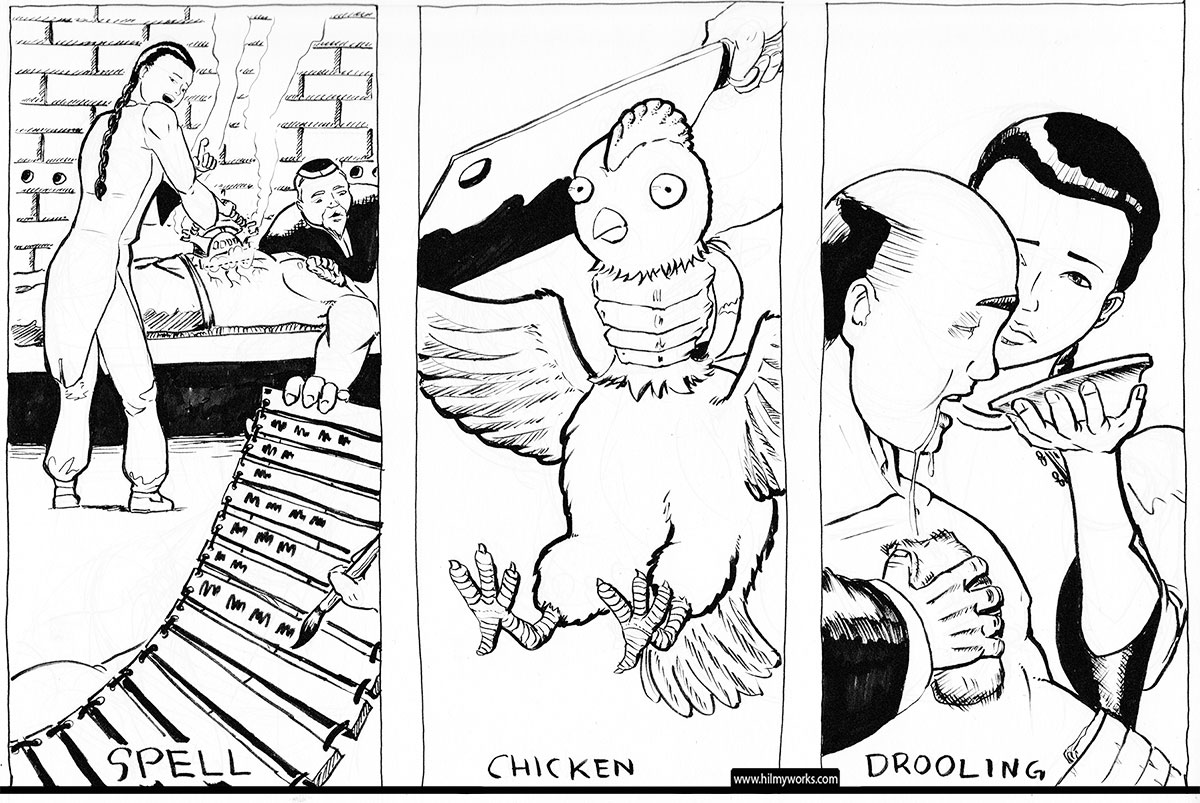
Delayed post. Need to catch up.
I was a mentor for a 5-person FYP team, who just finished their project on the last week of August 2018.
You can preview a trailer of their game here:
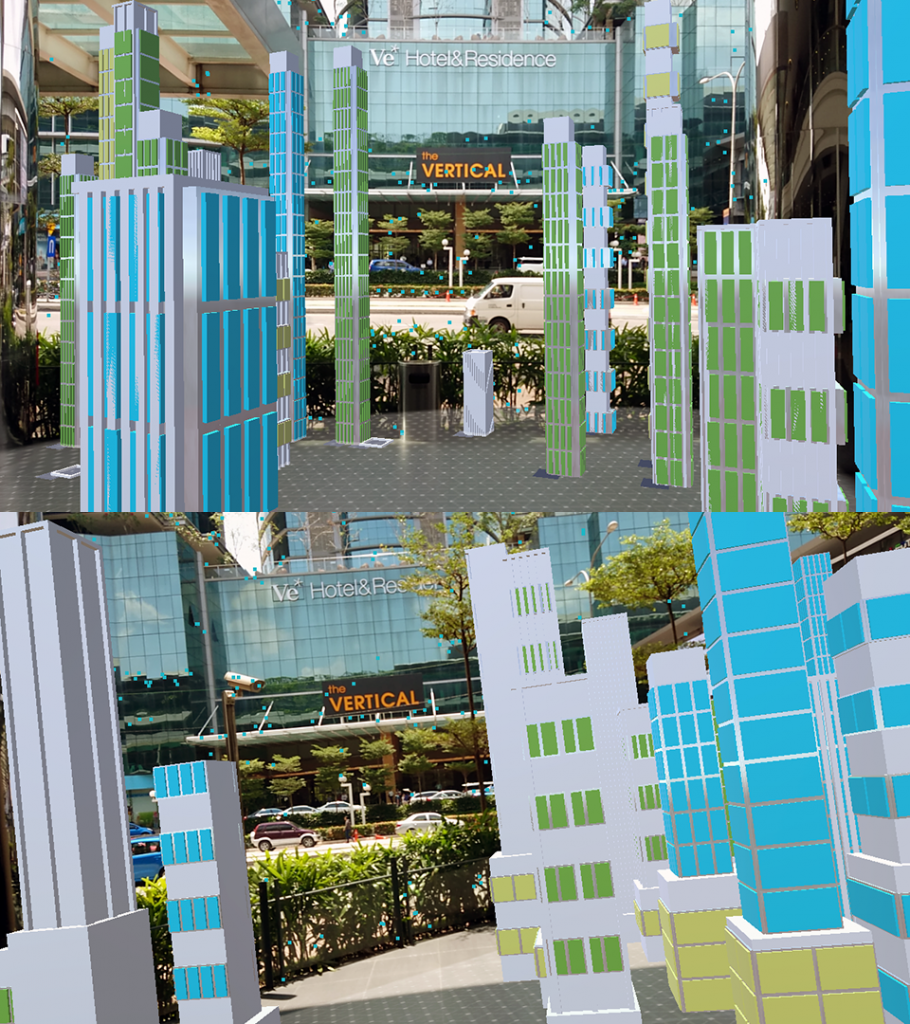
So far, the buildings generated were accurately scaled. On August 2018 I started experimenting with AR, which I discovered that a real-size skyscraper in AR isn’t that easy to view on a phone! So I added a Minimize mode, where the buildings could be scaled down to be viewable on an AR-detected floor.
The implementation is admittedly a hack, and since some parts of the code couldn’t figure out what to do with the new scale, issues with z-fighting and object placement appeared. But on the whole, it’s a version I can show to people on my phone, so I just need to clean up my code.
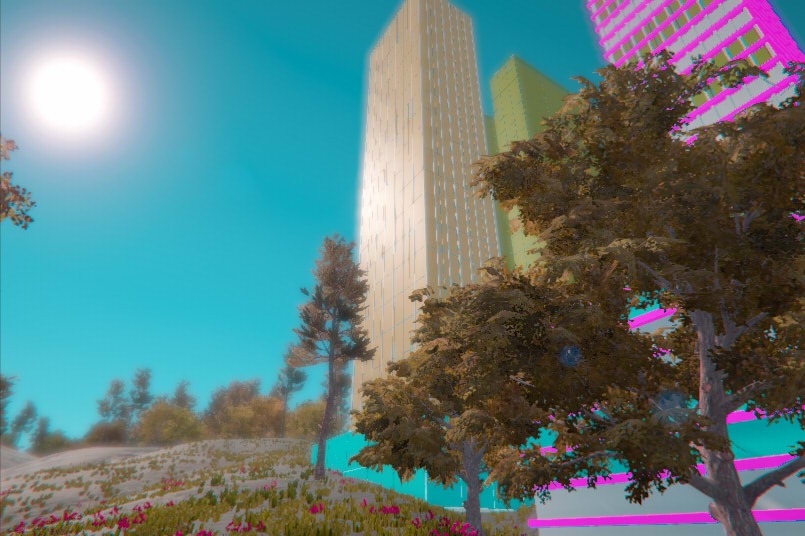
Since I was able to generate a building on any physics-enhanced surface in Unity, I can add the code into any scene, click-and-drag on a physics enabled surface and generate a building on it. Thus, when I got Gaia around the end of June, I was able to generate procedural buildings within a generated landscape scene.
Added a Post-Processing Stack effect for fun.
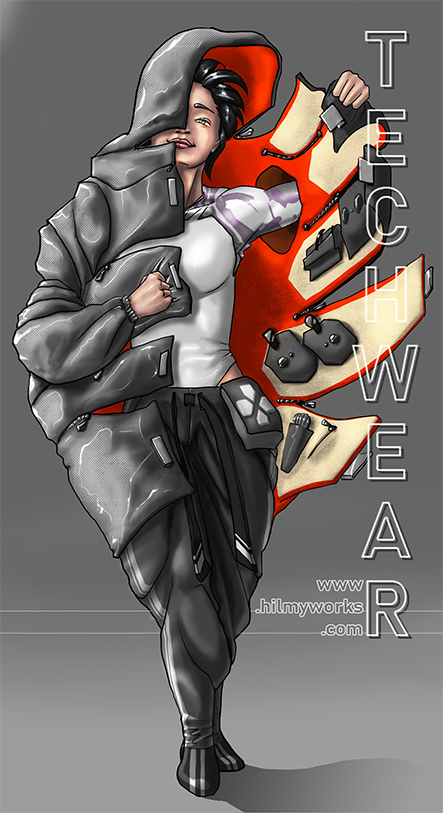
A colleague started chatting with me on fashion concepts, and he introduced to – besides many other things – the idea of Techwear.
Searching for that term was an eye-opener. Movement wear based on futuristic materials with a hint of cyberpunk.
Had to mess around with that, so here ya go.
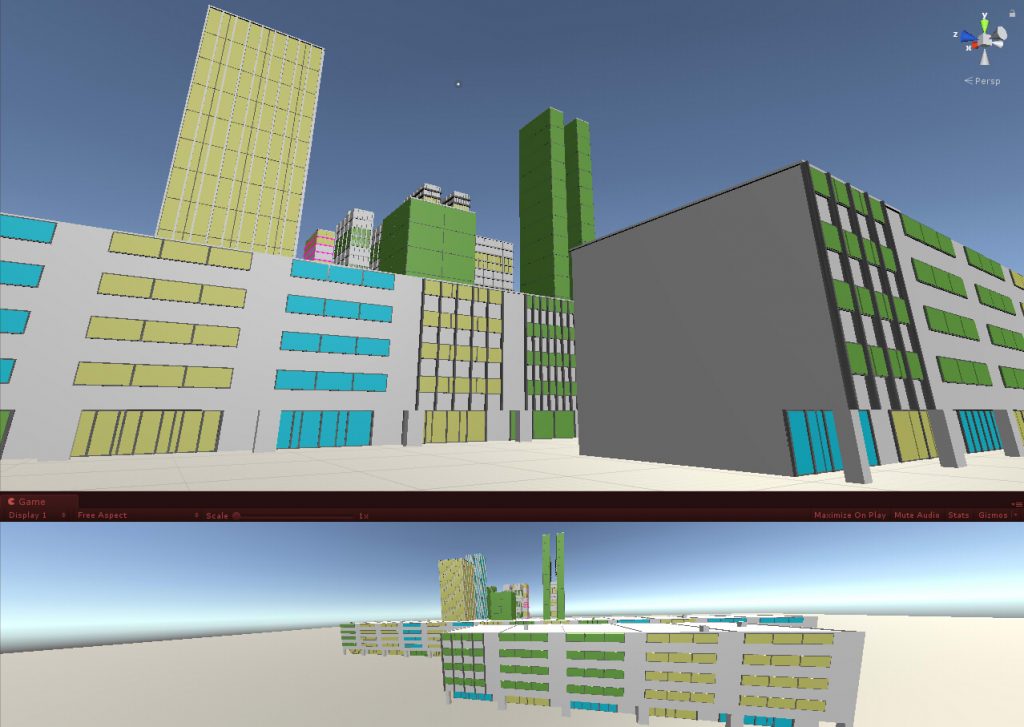
On June, I experimented with generating different types of buildings. The new building type is a South East Asian shophouse that is commonly seen in Malaysia and Singapore; the row of shops chained in a single long building that has 2-5 floors on top with a shaded 5-footway or “kaki lima” on the ground floor front.
Around April, I was trying out one of Brackey’s tutorials where he demonstrated a Raycasting code to direct AI units. I modified the code to be able to create a selected area by mouse, and to generate a building out of that area.
Unity just announced they’re integrating ProBuilder into the engine. So spent the night doing tutorials, and today tried to build one of my old concepts into a 3D mockup.
There’s a huge amount of space for improvement, but the tool is quite simple to use. Neat.